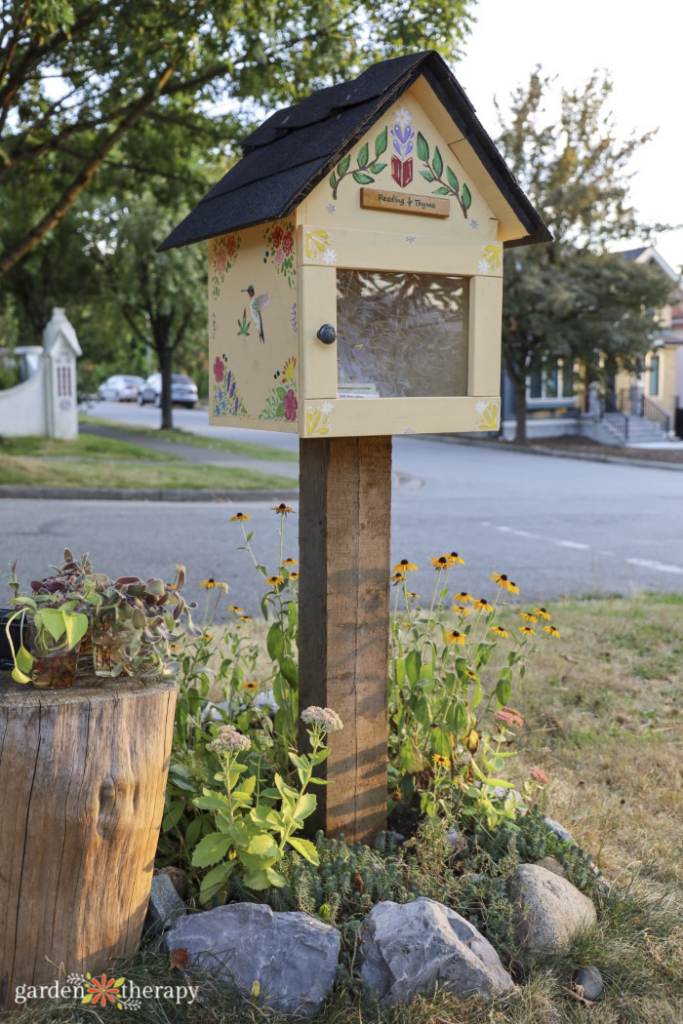Seed Shares, Libraries, Exchanges
Seed sharing is an ancient practice, going back to the dawn of human-driven agriculture. Seed shares are a way to exchange seeds and help grow biodiversity. Most seed shares are done in a communal setting, with people meeting to exchange any kind of seeds from plants that are edible, beneficial to local environments, or endangered.
History of seed sharing
Plants produce seeds to reproduce and create more plants. Humans have been trading seeds over thousands of years, and many plants have been bred through cross-pollination and experimentation over thousands of years. Native Americans traded corn seeds in a vast trading network which changed as the corn was bred with other corn varieties, creating new ones. Sharing seeds have been both an act of solidarity and trading. Seed sharing is at the core of humanity, and is something that can positively impact biodiversity and reduce the impacts of plant and crop disease.
Modern-day seed sharing
With the internet, we can connect to people across geographical divides and exchange seeds in a matter of days. There are a couple of ways that seed shares can work.
- Online seed exchanges
- In-person meetups and exchanges
Online seed swaps & exchanges
Most online seed exchanges are really easy to get started. There are dedicated websites to exchanging seeds that make it easy to find the plants you might be looking for. Keep in mind that some plants can be edible and naitive to a specific environment, can also be invasive in other settings. Get involved in the community and learn what plants are good to share so you don't make a negative impact in the environment by sharing invasive species. But there are plenty of people who will help you learn your way around seed swaps and different plants!
Below are some popular sites to exchange seeds:
- https://exchange.seedsavers.org/
- https://slowfoodusa.org/plant-a-seed/share-a-seed/
- https://www.globalseednetwork.org/results.php
- https://osseeds.org/
In-person meetups and exchanges
Facebook is the main platform where you can find local or regional seed exchanges. It is nice to meet with people and share stories of where the seeds come from. Sometimes the seeds you handle are hundreds of years old, with a direct traceable lineage.
Seed libraries and tiny seed exchanges
Some cities have seed shares through their local library system. Check with your local area to see if libraries or the city have a community seed share / exchange.
Another option is similar to tiny libraries, but instead of books, having seeds that people can trade whenever they want.
Below is an example of a tiny seed library, it looks very similar to a tiny book library.
